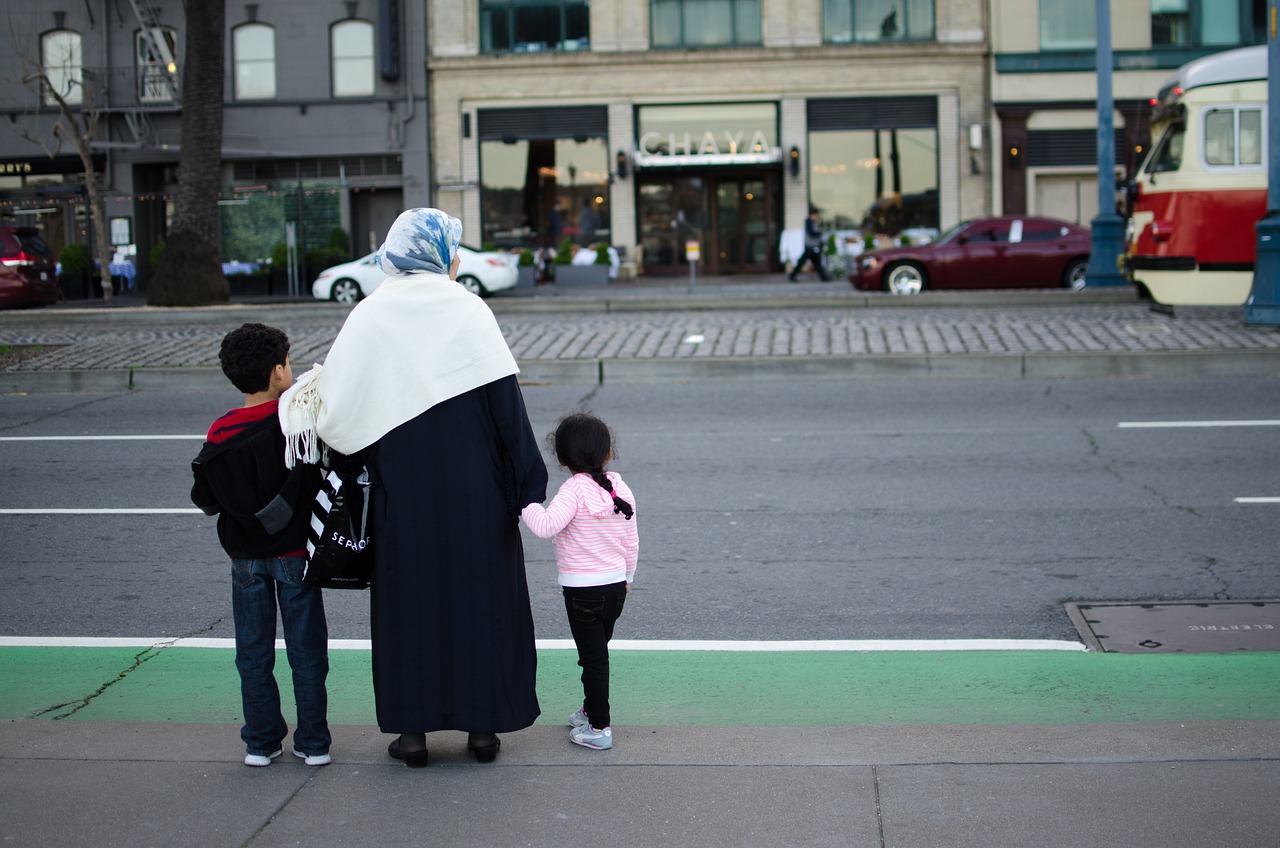In Canada today, there is a growing perception that immigrants are to blame for some of the country’s economic woes. This sentiment has contributed to a surge in xenophobic backlash, evidenced by a marked rise in reported hate crimes targeting visible minorities, according to advocates and community members.
Immigration and Public Opinion
Canada has long prided itself on being welcoming to newcomers. In recent years, however, the number of “temporary residents,” including international students and workers, has sharply increased. Opinion polls now show that a growing portion of the Canadian public believes the country is accepting too many immigrants. Many Canadians point to immigration as a significant factor behind rising housing costs and the broader affordability crisis.
Political Consequences
The country’s mounting economic challenges have coincided with a notable slump in the popularity of Justin Trudeau’s minority Liberal government. The New Democratic Party (NDP) recently withdrew its automatic support for the Liberals, which could hasten a national election initially scheduled for no later than October 2025.
Hate crimes reported by Canadian police more than doubled between 2019 and 2023, according to Statistics Canada. In 2023, 44.5% of reported hate crimes were motivated by race or ethnicity. These crimes, which include everything from assault and homicide to public incitement of hatred, reflect the growing anti-immigrant sentiment.
Breaking from Canada’s Tradition
This rise in anti-immigrant feeling runs counter to Canada’s long-standing consensus that newcomers are welcomed both on humanitarian and economic grounds. However, concerns about housing shortages and the rising cost of living have eroded this consensus, according to Peter Smith, a researcher with the Canadian Anti-Hate Network.

“People are looking for something to change, and people are also looking for someone to blame,” Smith said. “The target, unfortunately—and a very easy one—is immigrants.”
Immigration Figures and Public Perception
Canada admitted over 470,000 new permanent residents in 2023, approximately 1% of the country’s population. However, the most significant increase has been in the number of temporary residents. The number of international students and foreign workers has doubled, from 1.4 million in the second quarter of 2022 to 2.8 million in the same period of 2024, according to Statistics Canada.
A recent Leger poll revealed that 65% of Canadians believe the government’s immigration policy admits too many people. Many also argue that current immigration levels are exacerbating the housing crisis and putting pressure on healthcare services.
Xenophobia in the Digital Age
Balpreet Singh, legal counsel for the World Sikh Organization of Canada, highlighted that the scapegoating of immigrants has led to a rise in xenophobia, with Sikh communities often being the target. Similarly, Christian Leuprecht, a political scientist at Queen’s University, pointed out that racist and xenophobic posts against immigrants have proliferated online, amplifying these sentiments and creating a sense of community among those who hold such views.
Canada’s Immigration Minister Marc Miller acknowledged the rising anti-immigrant sentiment but noted that Canada’s consensus on immigration, while challenged, remains part of the national identity. He emphasized the need for careful political rhetoric, stating, “I don’t think it’s risen to the level we’ve seen in other countries. I think we have to be vigilant.”
On the other side of the political spectrum, Conservative leader Pierre Poilievre has sharply criticized Canada’s immigration system, describing it as “out of control,” “shattered,” and “chaos.” He is currently leading in public opinion polls, and if elections were held today, Poilievre would likely secure a majority government.
Policy Shifts
In response to growing public dissatisfaction, Trudeau’s government has pledged to reduce the number of temporary residents to 5% of the overall population by 2027, down from 6.8% in April 2024. To achieve this, Canada is tightening regulations around temporary foreign workers and international students, and additional measures are expected. Trudeau has also indicated that reducing the number of new permanent residents may be on the table.
Bottom Line
Canada’s long-standing reputation as a welcoming destination for immigrants is under strain, with economic challenges like housing shortages and rising living costs fueling xenophobic sentiments. Hate crimes against immigrants have risen sharply, and public support for current immigration policies appears to be weakening. While the Trudeau government grapples with these challenges, opposition parties like the Conservatives are capitalizing on the public’s frustration, positioning immigration as a central issue. As the country faces mounting pressure, the political landscape is shifting, and how immigration is managed could play a critical role in shaping Canada’s future policies and upcoming elections.

















